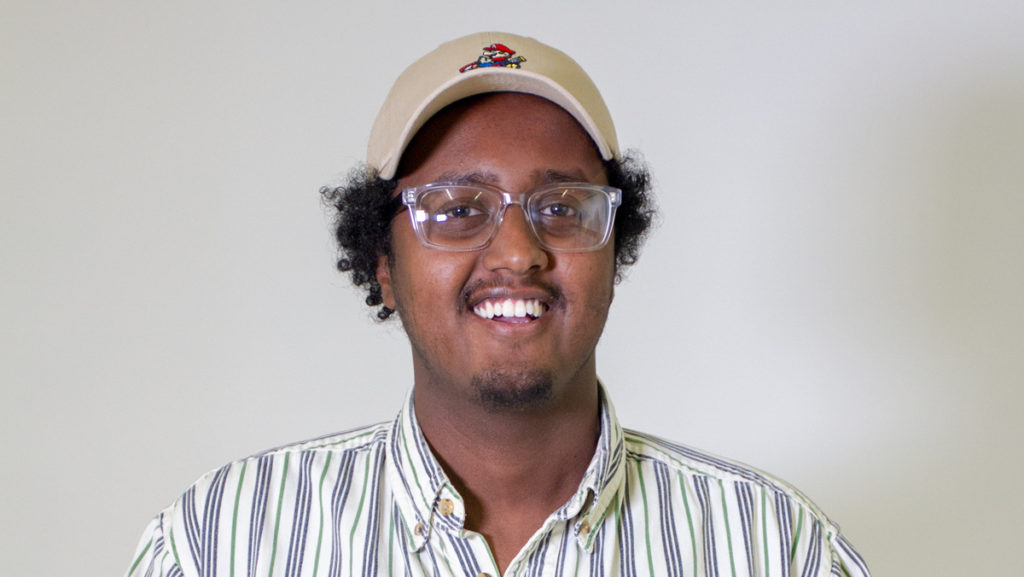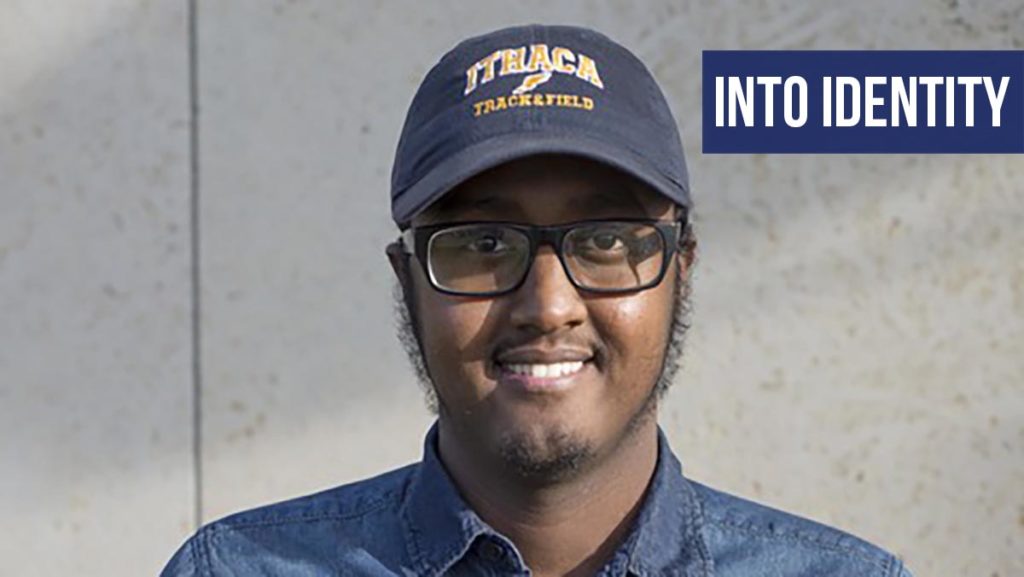Lately, the Boycott, Divestment and Sanctions movement against Israel, more commonly referred to as BDS, has been causing significant tensions at a number of U.S. colleges and universities. One dimension of this campaign seeks to pressure institutions of higher education to divest from companies that are complicit in human rights abuses in Palestine. These abuses — as documented by such organizations as Human Rights Watch and Amnesty International — include house demolitions, shooting of nonviolent protesters, severe restrictions on the movement of people and goods, detention of children, arbitrary and indefinite administrative detention without charge or trial, torture, destruction of olive groves vital to Palestinian economic and cultural survival, deprivation of access to potable water and health care and more.
As a result, in the last few months, student leaders at Brown University, New York University and Swarthmore College, to name a few, gave their seal of approval to BDS referendums, even though some of them were immediately rejected by spineless campus bureaucrats.
As a committed member of Ithaca College’s chapter of Students for Justice in Palestine, I want to affirm my support for campus BDS initiatives and respond to the predictable critiques against this movement.
The international BDS movement came into being around 2005. It was established by 170 Palestinian civil society organizations, all of whom were inspired by the South African anti-apartheid movement of the 1960s. Palestinians were exhausted by decades-long “peace talks,” which failed to effectively address Zionist discrimination and oppression. Declaring an economic and cultural boycott was their last-ditch attempt at drawing the world’s attention to Israel’s illegal settlements, the 70-year-long plight of millions of Palestinian refugees and a Jim Crow-like separate-and-unequal system of law and civil society inside Israel.
Critics argue BDS is excessive and counterproductive to a peaceful resolution. I beg to differ. Actively boycotting Israel is an effective instrument because it goes beyond merely “critiquing” Israel and calling for useless “dialogues” about its war crimes against Palestinians. It functions as a coercive yet explicitly nonviolent measure that has material impacts on the state.
Another critique of BDS — why single out Israel for censure when other countries commit human rights abuses as well? During the civil rights era, Montgomery, Alabama, was “singled out” for a bus boycott despite segregation being endemic throughout the South. In the 1960s, South Africa was “singled out” for apartheid even though white racial control and repression was still the norm in much of the U.S. The point in each of these situations wasn’t that the target was an isolated one; rather, it was, in certain ways, a particularly flagrant example of a more widespread problem like racism or colonialism. Therefore, dismantling the most representative example of that particular system — in this case, the Zionist settler colonial project — could set a good precedent for dismantling other similarly repressive systems.
College students, as well as faculty, who organize in support of BDS face serious risks. This is partly why, in my three years as a columnist for The Ithacan, I’ve hesitated to challenge the status quo on the Israeli-Palestinian conflict until recently. There are countless examples of activists who’ve had their professional and personal lives destroyed for speaking out against the discriminatory practices of the Israeli state.
In a bid to get re-elected April 9, Prime Minister Benjamin Netanyahu promised conservative voters in Israel to basically demolish what’s left of Palestine. For these reasons, solidarity with Palestinian people is more than political for me. It’s recognizing and responding to an ongoing humanitarian crisis that anyone who cares remotely about basic human dignity has a moral obligation to resist.






